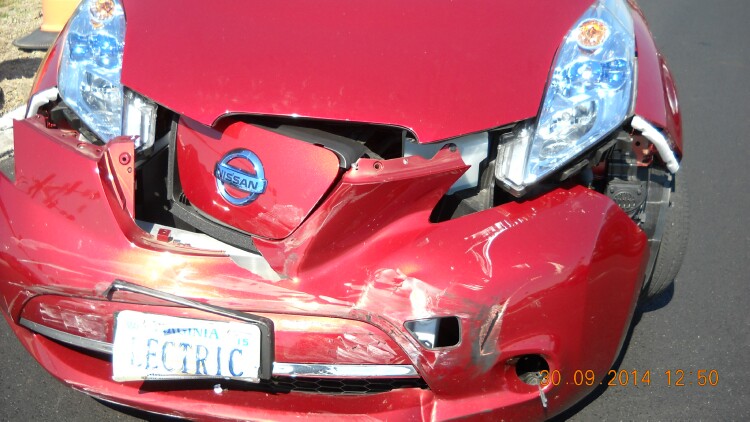kubel said:
Just to clear up a few myths- when you wreck your insured LEAF and it's a total loss:
If it's leased, you pay your deductible, and your insurance company pays off NMAC directly. If the payoff value exceeds the cash value, NMAC covers the difference (GAP). If the cash value exceeds the payoff value, NMAC pockets that money. You get nothing.
If it's paid off, you pay your deductible, and you get the cash value of the car (replacement value minus depreciation).
If it's financed, you pay your deductible, and your insurance company will first pay off your lien holder. If the cash value exceeds what you owe, you get the balance. If the cash value is less than what you owe, you have the pay the balance to your lien holder (unless you have GAP insurance).
Sounds like you know a thing or two about how this all works. Perhaps you can answer this too - IF someone hits my property and damages it, I believe they can be held liable to restore my property (repair or replace with at least same level). IF that person has liability insurance, then they can get the insurance company to pay out this liability. However, in the end I (as the injured party) am still entitled to having my property restored, correct? So - what the insurance company does or does not do in this case, I have to agree to it and if I don't believe that I am being properly compensated for the legitimate loss, I don't have to accept it. In this case, is it just a matter of pulling in (and paying for) lawyers or is there some other avenue of expressing my perceived need for better compensation?
So - example in this case, the car may be totaled (I wouldn't be surprised). So once everything is settled, if the lease is paid off (no debt to the OP) and the car is gone, is that really compensation for the loss? Shouldn't the OP be entitled to whatever it takes to get into a satisfactory lease with similiar terms (i.e. if on a $199/mo lease, he shouldn't be required to take on a $299 lease after the accident, should he?)
Just trying to understand how this all works - thankfully I have yet to be in this situation.


